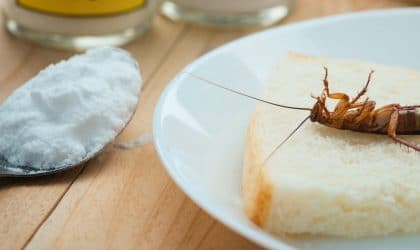Does Lemon Spray Kill Fleas? Four Reliable Ways to Use Lemons Against Fleas
Thinking of testing a lemon spray to kill fleas, or as a flea prevention treatment? We analyze this popular DIY flea killing method to see if there's any substance behind the claims.

When dealing with fleas, we see many DIY enthusiasts that talk about lemons as a preventative measure. But is it really that effective? Is there a magical lemon spray that kills fleas? Or is this another internet DIY trend that has no real backing?
While maybe not as effective as heat or diatomaceous earth when killing fleas, lemons can actually be a flea deterrent. Lemons are a popular DIY option when it comes to flea pest control.
Lemons can be used with your pets, and around your home to keep fleas at bay. Here are four different methods you can introduce lemons into your flea prevention routine.
What Lemons Do to Fleas
Skipping right into the point, unless fleas drown in lemon juice, this citrusy liquid won’t be able to kill fleas.
A study from Iowa State University about the toxic properties of d-limonene in insects and earthworms confirms this by telling us that limonene, a substance found in lemons, only has limited insecticidal properties. Generally, it can’t kill insects like how a pesticide does, but high concentrations of it can repel some of them.
Limonene is such an effective deterrent that commercial repellents even use it. Its lemony scent is not the only thing store-bought repellents are after.
So overall, lemon sprays and other homemade treatments made from this fruit exist only to ward off fleas and keep them from infesting your home.
Lemon Rub
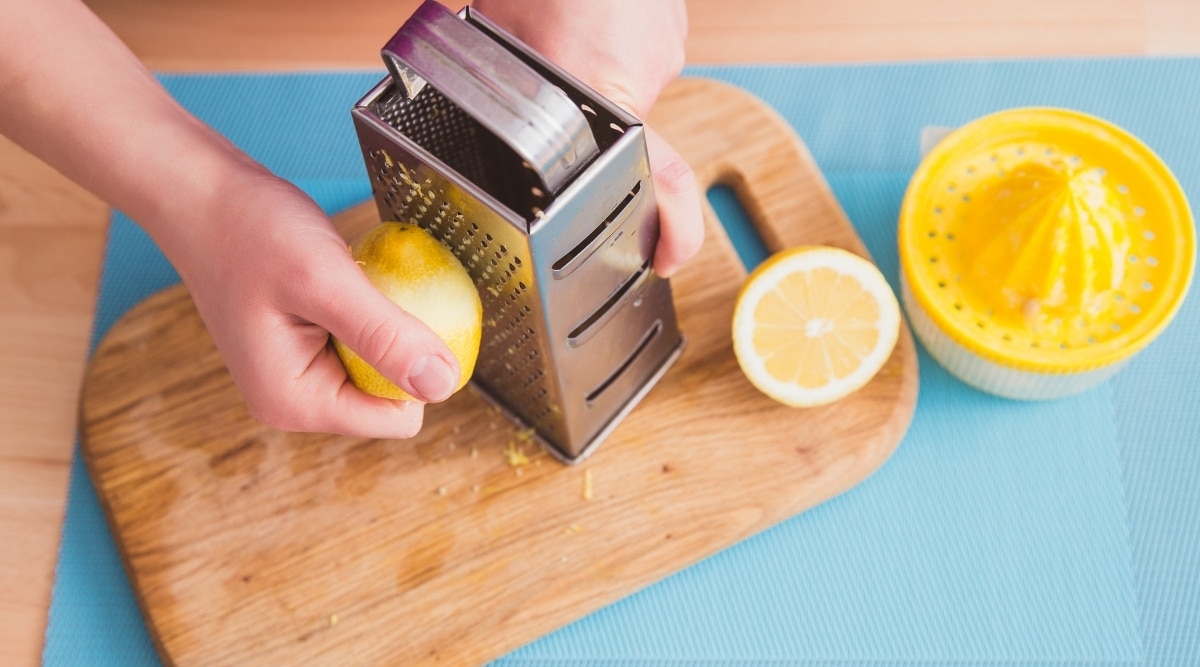
Now that we know that lemons can be used as a repellent. Let’s look at the many ways that you can incorporate this fruit into flea treatments that you’re already using.
One of which is just by rubbing the fruit into your dog’s fur.
Slice a lemon in half, and rub the open pet’s hair. If you’re not getting enough juice from this method, squeeze 1-2 lemons, and collect the juice in a shallow bowl, one that you don’t use for cooking and eating. Clean your pet’s brush. Dip it into the bowl, and use it to distribute the lemon juice on your pet’s fur.
Just be careful with rashes, cuts and scrapes. The juice can sting wounds and even traumatize your pets.
Lemon Water Spray
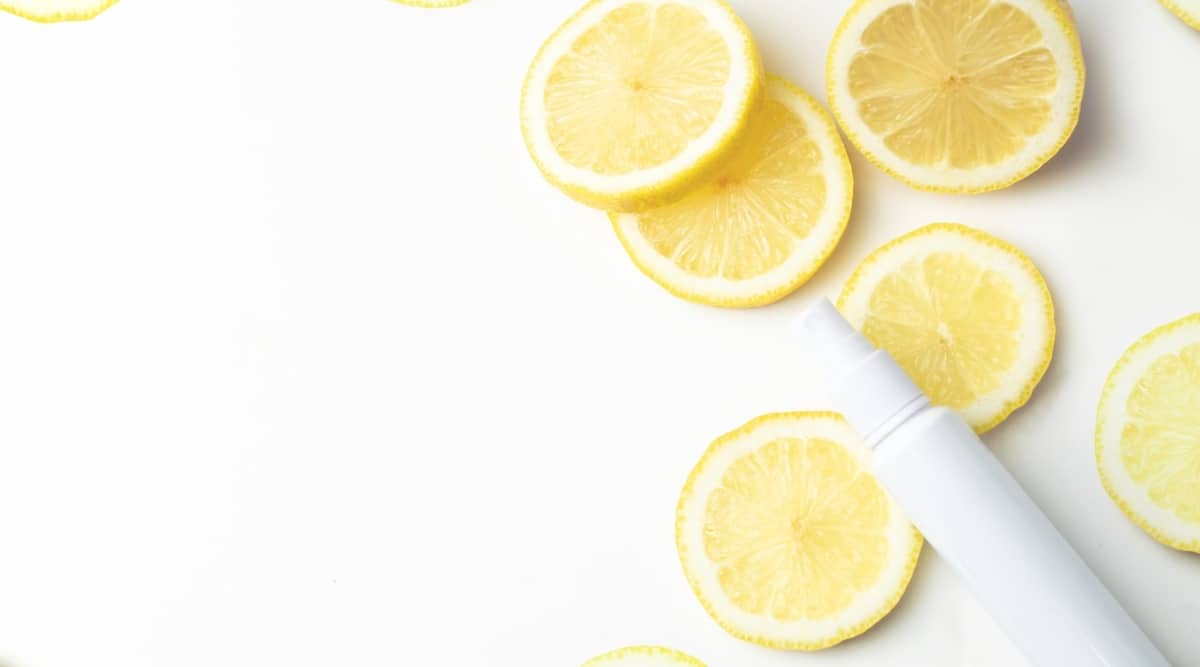
For a less stinging version of the lemon juice, Cuteness.com recommends diluting it with water.
Mix 2 lemons and 1 quart water in a saucepan, and boil it for 5 minutes. Leave it overnight to steep. That takes usually about 8 hours. When the mixture is ready, pour it in a regular-sized spray bottle, and use it on your cat or dog.
Like in the previous treatment, remember to take caution when approaching your pet’s skin. Stay away from his ears, genitals and eyes.
You can also use this method for flea-infested areas in your house like your pet’s bed, your carpet and upholstery.
Lemon Rosemary Flea Collar
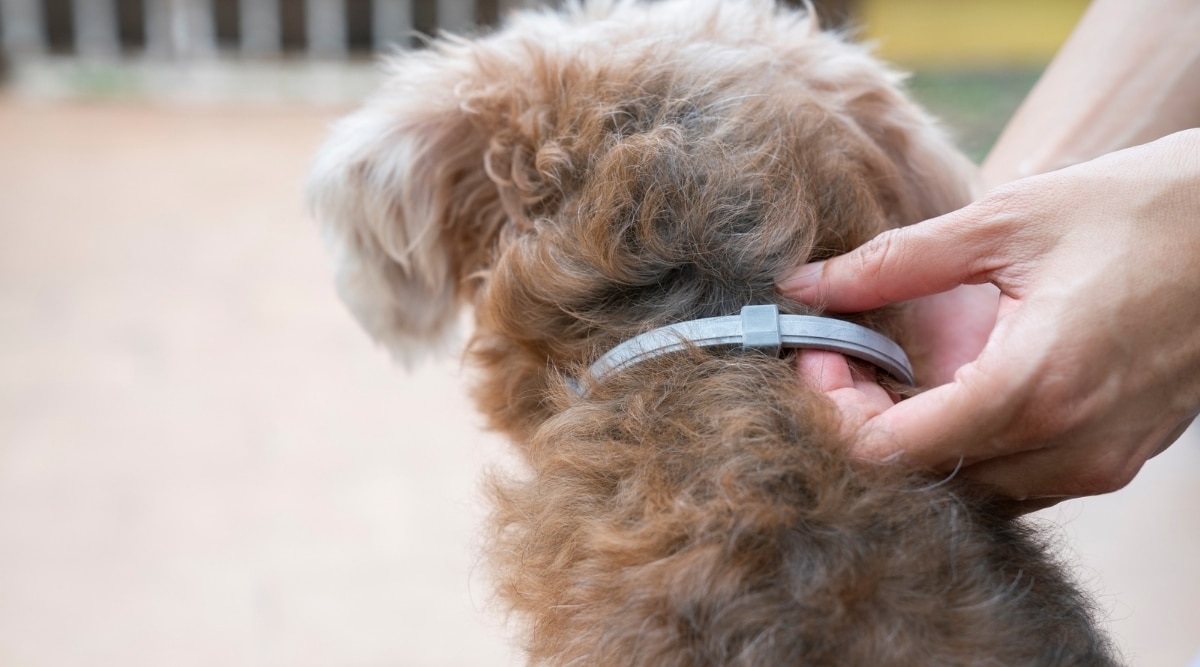
Commercial and industrial flea collars are bad news for pets. In fact, evidence from authorities suggest that these flea deterrents are one of the reasons why they die.
But if the lemon rub and the flea spray don’t work for you, why don’t you make your own flea collar out of natural ingredients? How about something with rosemary in it?
Hunker.com gives us a great recipe for this flea repellant. Just boil 2 cups of water in a pot, and throw thin slices of lemons into it. Then add 1/3 cup of dried rosemary, and continue to boil the mixture for 5 more minutes. After that, remove the pot from the heat. Put the lid on top, and let it sit overnight.
In the morning, get a regular flea collar, and place a few drops (not too much) of the lemon mixture on it.
Remember to introduce this collar to your pet slowly. Don’t surprise him with a new collar that has an unfamiliar scent. It’s important that he feels comfortable with its smell because it’s going to be on his neck for a long time.
Lemon Wash
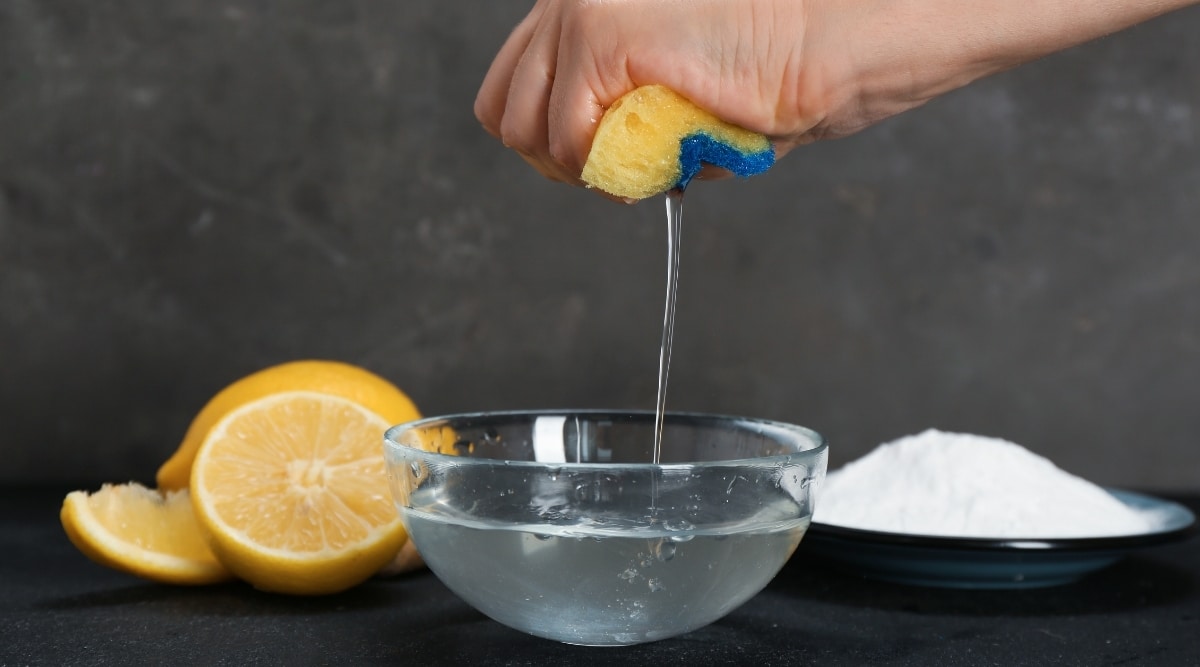
Another thing that doesn’t involve spray bottles is a lemon bath.
According to Way Cool Dogs, this citrus deterrent is good for your pet’s skin. Just put 4 slices of lemons, 6 cups of water and 1 tablespoon of salt in a deep pot. Boil the mixture for about 2 minutes, and let it steep for 24 hours before using it.
And after that, it’s just a matter of applying the lemony mixture into your pet’s fur after your usual bathing routine. Rinse it off, and repeat it daily for great results.
The site mentions this treatment to be amazing for dogs, but they didn’t mention anything about cats. So, it’s best to consult your vet first before trying anything on any animal.
Warnings and Precautions
Before we end this post, we’d like to touch base on some safety tips. So read the following to get a good grasp at how you should handle lemons when dealing with animals.
Never confuse the lemon fruit for lemon oil. Basically, essential oils are dangerous to both cats and dogs. Lemon oil has too much limonene. It can cause terrible skin irritation and liver issues for them.
Don’t use lemon treatments on pets with cuts and scrapes. As we mentioned earlier, lemon juice on open skin causes agonizing stings. But if you’re worried about this, use other flea home remedies instead.
Introduce treatments slowly at first. You’ll never know when pets might be sensitive or allergic to something. So introduce lemon treatments to them slowly, and watch how they’ll respond to it. When everything turns out fine, proceed with caution. If lemons aren’t an option, there are other natural choices you can experiment with. Some of the most popular natural repellents include dish soap and coconut oil.
Overall, you can’t really make a lemon spray to kill fleas, unless you plan on drowning them in it. However, you can infuse lemons with rosemary, make a natural flea collar, give your dog a lemon wash or just rub the fruit directly onto his fur. There are plenty of other ways to use lemons, but killing fleas isn’t one of them.
Share this post
Save time and money on pest control
Subscribe to expert DIY pest control tips, pest control product reviews and information.



